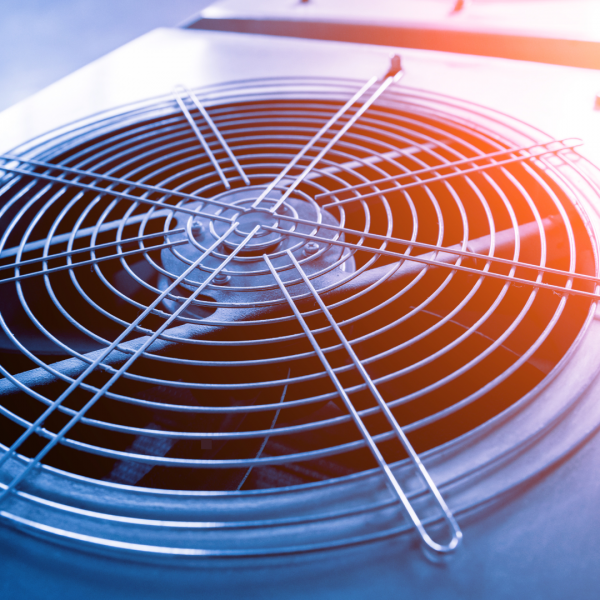Allergens are tiny airborne particles that can trigger an asthma attack. The big five triggers are dust mites, animal dander, cockroaches and their droppings, mold and mildew, and pollen. Although there is no sure way to prevent asthma, it can be managed by reducing exposure to these allergens.
Pollen is a particular problem during the spring and summer months. Keeping the windows closed will keep the pollen outside, where it belongs. And on warm summer days, an air conditioner can be an asthma sufferer’s best friend. But, ironically, that best friend can be the source of other asthma triggers: mold and mildew.
Good maintenance practices, along with regular cleaning, will prevent mold and mildew buildup. Another bonus: clean, well-operating air conditioners are more efficient, which helps control energy costs.
Room Unit Maintenance
Turn off the power or unplug the unit before you begin.
At the beginning of the season, vacuum the evaporator coils. These can be found immediately behind the front grille.
Using a level, check the installation. The unit should slant slightly toward the ground so that the condensed water flows out of the unit.
Change disposable filters at regular intervals during the season.
Permanent filters should be cleaned several times during the season. Remove the filter and lay it flat in the sink. Sprinkle detergent over the surface, and then fill the sink with about one inch of hot water. Let the filter soak for about 15 minutes. Rinse it well with warm water. Make sure it’s thoroughly dry before reinstalling it.
If the unit stays in the window all year, cover it during the off season. If you remove and store it anyplace that is prone to dampness, such as a cellar or a garage, raise the air conditioning unit off the floor with a few pieces of wood. This will protect it from moisture on the floor.
Always follow the manufacturer’s instructions for your unit.
Central System Maintenance
A yearly service call by a professional should include washing the condensing coils and vacuuming the evaporator coils. During the summer, there are a few things you should monitor.
Disposable filters should be changed several times during the season. Permanent filters should be washed, using the same method as for room unit air conditioners.
Leaves and fallen branches can clog the fan grille on the outdoor condensing unit, which can cause moisture buildup and affect the air conditioner’s efficiency. Check the unit regularly, especially after winds and rain.
Always follow the manufacturer’s instructions for your unit.


TELL US WHAT YOU THINK (0)